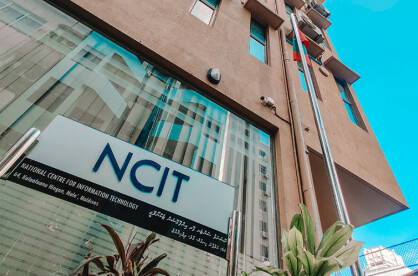In a significant ruling, the Supreme Court has rejected the Maldives Transport and Contracting Companys’ (MTCC) constitutional challenge against the Access to Information Act. MTCC had sought a declaration that government-owned companies should not be compelled to provide information under this law.
The Right to Information (RTI) Act, a cornerstone of transparency, allows citizens to obtain information from “public bodies.” These bodies include the executive, parliament, judiciary, independent institutions, and security services, as well as any entity responsible for state functions, funded by the state budget, or receiving budgetary assistance.
The Office of the Information Commissioner (ICOM) later expanded this definition to include state-owned enterprises, sparking MTCC's legal challenge. MTCC first sought to overturn this interpretation in the High Court, which upheld the rule. MTCC then appealed to the Supreme Court.
In a unanimous decision, the Supreme Court ruled that entities entrusted with state responsibilities, administering state budgets, or receiving budgetary assistance fall within the scope of the RTI Act. Justice Husnu Suood, delivering the opinion, emphasized that the Information Commissioner is authorized to list entities covered by the Act.
The court highlighted that many government-owned companies are established to provide essential services to the public efficiently. Therefore, including these companies under the RTI Act ensures transparency and accountability.
In the past, the RTI Act has been extremely useful to the public when it comes to determining how the state owned companies and bodies are spending state allocated budgets. The RTI Act creates transparency by allowing access to detailed information in regards to salaries and other important details, which can also be utilized by the public to hold these organizations accountable. This Act has become increasingly important during a time when the Maldives is focused on reducing state expenses as the public is able to identify which organizations and companies are overspending during this time.
With this, the recent ruling reaffirms the RTI Act's vital role in promoting government accountability. By mandating that government-owned companies provide information, the decision strengthens the public's ability to scrutinize and hold these entities responsible for their actions.






